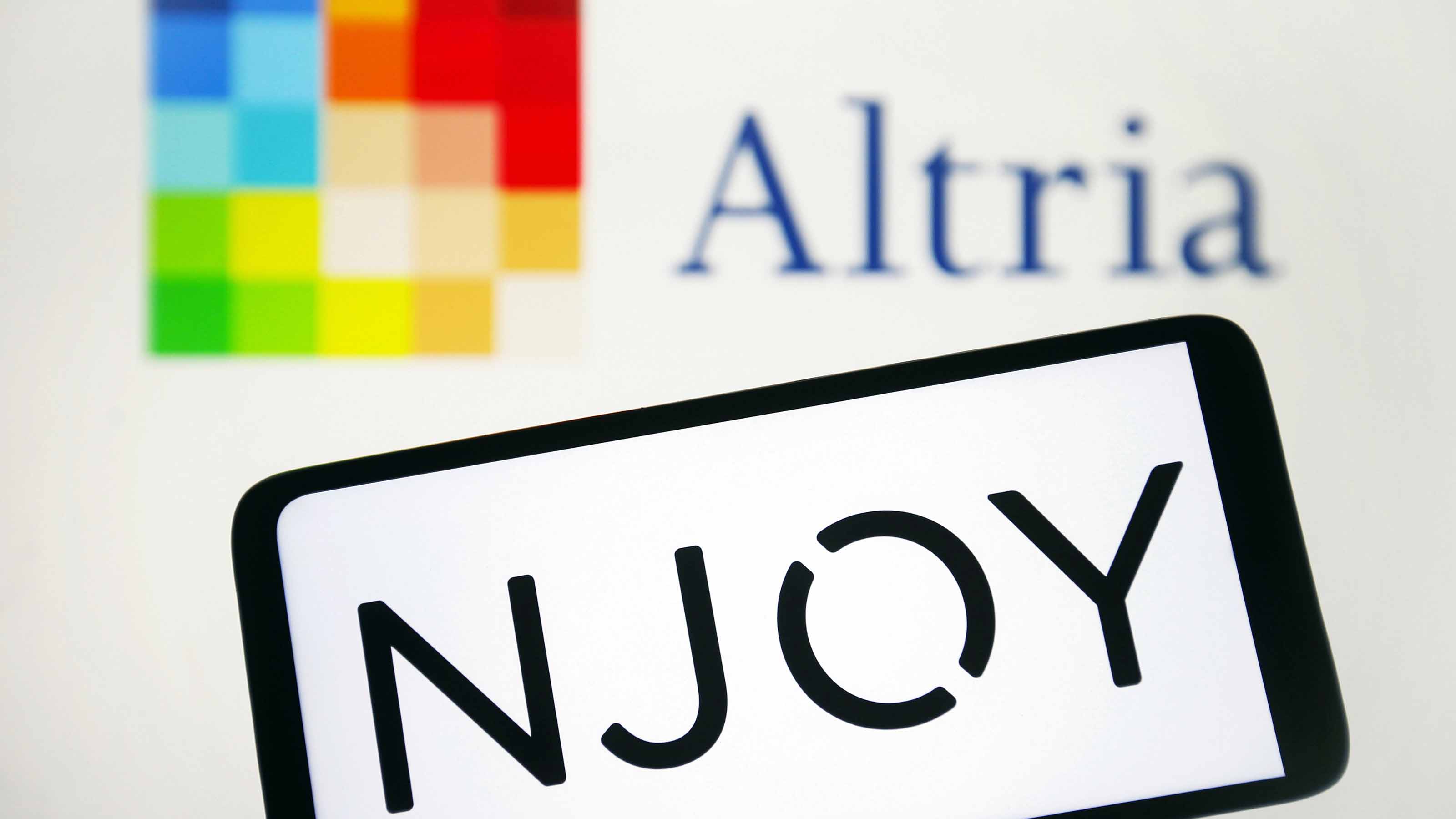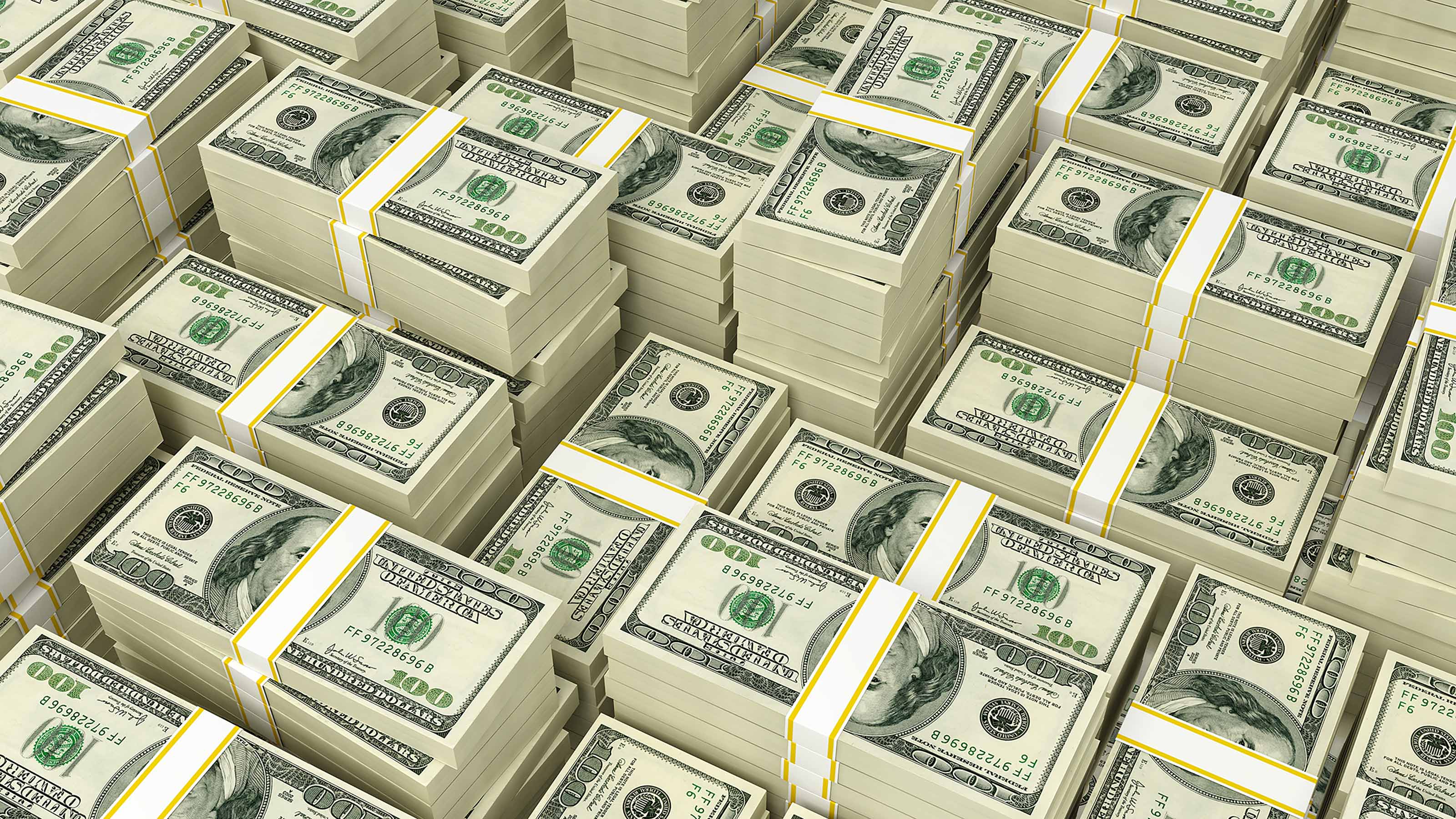Jim Barrow's Take on the Market
The veteran manager of Vanguard Windsor II and Vanguard Selected Value tells us where he sees bargains.
Profit and prosper with the best of Kiplinger's advice on investing, taxes, retirement, personal finance and much more. Delivered daily. Enter your email in the box and click Sign Me Up.
You are now subscribed
Your newsletter sign-up was successful
Want to add more newsletters?

Delivered daily
Kiplinger Today
Profit and prosper with the best of Kiplinger's advice on investing, taxes, retirement, personal finance and much more delivered daily. Smart money moves start here.

Sent five days a week
Kiplinger A Step Ahead
Get practical help to make better financial decisions in your everyday life, from spending to savings on top deals.

Delivered daily
Kiplinger Closing Bell
Get today's biggest financial and investing headlines delivered to your inbox every day the U.S. stock market is open.

Sent twice a week
Kiplinger Adviser Intel
Financial pros across the country share best practices and fresh tactics to preserve and grow your wealth.

Delivered weekly
Kiplinger Tax Tips
Trim your federal and state tax bills with practical tax-planning and tax-cutting strategies.

Sent twice a week
Kiplinger Retirement Tips
Your twice-a-week guide to planning and enjoying a financially secure and richly rewarding retirement

Sent bimonthly.
Kiplinger Adviser Angle
Insights for advisers, wealth managers and other financial professionals.

Sent twice a week
Kiplinger Investing Weekly
Your twice-a-week roundup of promising stocks, funds, companies and industries you should consider, ones you should avoid, and why.

Sent weekly for six weeks
Kiplinger Invest for Retirement
Your step-by-step six-part series on how to invest for retirement, from devising a successful strategy to exactly which investments to choose.
Jim Barrow has experienced his share of bear markets. As the prime manager of Vanguard Windsor II for 22 years and Vanguard Selected Value for nine years, Barrow has produced an impressive long-term record searching for beaten-down stocks. The 67-year-old manager's funds have historically performed well in rocky times, so it's instructive to check in with him to see how he views the current market tumult.
This isn't to say that Barrow has escaped the carnage unblemished. Windsor II took a hit on Bear Stearns, which agreed to a buyout by JPMorgan Chase at $10 a share, a pittance of the stock's 52-week high of $160. Barrow sold the stock as the brokerage faced massive withdrawals from customers and the likelihood of bankruptcy before the Federal Reserve and JPMorgan engineered the rescue. "What we're going through right now is a credit correction," Barrow says. "If the banking system is not willing to make loans, it's going to affect all kinds of companies."
The economy faces two problems in his view. First, there's the banking system problem, which is known and being addressed. Second, there's a problem with consumer consumption. Except for the taxpayer rebates that are part of the economic stimulus package, not much has been done to deal with a slowdown in consumer spending. "If you see significant job loss, you are going to see even bigger problems with credit cards and with general level of mortgage activity," Barrow says.
From just $107.88 $24.99 for Kiplinger Personal Finance
Become a smarter, better informed investor. Subscribe from just $107.88 $24.99, plus get up to 4 Special Issues

Sign up for Kiplinger’s Free Newsletters
Profit and prosper with the best of expert advice on investing, taxes, retirement, personal finance and more - straight to your e-mail.
Profit and prosper with the best of expert advice - straight to your e-mail.
As a result, it will be difficult for U.S. companies to generate earnings growth until the fourth quarter, says Barrow. In this kind of environment, he prefers defensive companies, such as those in the tobacco business. He realizes that many investors avoid tobacco but says these companies are "very profitable businesses."
As of February 29, Carolina Group (symbol CG) and Reynolds American (RAI) were among the ten biggest holdings in Vanguard Selected Value (VASVX), which is a member of the Kiplinger 25 and invests mostly in stocks of midsize companies.
Altria (MO) and Imperial Tobacco (ITY) were the top holdings in Windsor II (VWNFX), which focuses on large companies. (A variety of management firms run both funds. Barrow, who is a founding partner of Barrow, Hanley, Mewhinney & Strauss, and colleague Mark Giambrone manage about 75% of Selected Value's assets; Barrow himself manages about 60% of Windsor II's assets.)
Defense contractors should fare well, too, says Barrow. "There will be a tendency for the government, if we get into a recession, to try to spend money any way it can, and defense is certainly a way it can do that," he says. His funds own General Dynamics (GD), L-3 Communications (LLL) and Northrop Grumman (NOC).
Utilities are a traditional safe haven. Barrow looks for utilities that have extensive power generation capabilities. He thinks such companies will benefit as they renegotiate higher rates for long-term contracts. His funds own Exelon (EXC) and Entergy (ETR), the two largest nuclear plant operators in the U.S., and Xcel Energy (XEL), a power company with operations stretching from Minnesota to Texas.
Not every beaten-down stock is a buy. Barrow is not interested in homebuilders, for example. "Their inventory is too big and it's understated," he says. "Homebuilders can do very well for a while and then fall into an abyss."
And he's skeptical that companies that make consumer products will be saved by strong sales in emerging markets as the U.S. economy slows. "The story has always been that the Chinese are going to buy these products," Barrow says. "But the middle class in China is not nearly as affluent as the middle class in the U.S."
Profit and prosper with the best of Kiplinger's advice on investing, taxes, retirement, personal finance and much more. Delivered daily. Enter your email in the box and click Sign Me Up.
-
 How Much It Costs to Host a Super Bowl Party in 2026
How Much It Costs to Host a Super Bowl Party in 2026Hosting a Super Bowl party in 2026 could cost you. Here's a breakdown of food, drink and entertainment costs — plus ways to save.
-
 3 Reasons to Use a 5-Year CD As You Approach Retirement
3 Reasons to Use a 5-Year CD As You Approach RetirementA five-year CD can help you reach other milestones as you approach retirement.
-
 Your Adult Kids Are Doing Fine. Is It Time To Spend Some of Their Inheritance?
Your Adult Kids Are Doing Fine. Is It Time To Spend Some of Their Inheritance?If your kids are successful, do they need an inheritance? Ask yourself these four questions before passing down another dollar.
-
 Dow Adds 646 Points, Hits New Highs: Stock Market Today
Dow Adds 646 Points, Hits New Highs: Stock Market TodayIt was "boom" for the Dow but "bust" for the Nasdaq following a December Fed meeting that was less hawkish than expected.
-
 Stock Market Today: Stocks Extend a Quiet Winning Streak
Stock Market Today: Stocks Extend a Quiet Winning StreakThe S&P 500 Index could actually close April with a monthly gain, which would be an extraordinary sign of market resilience.
-
 Altria Pivots Post-Juul: This Week in Cannabis Investing
Altria Pivots Post-Juul: This Week in Cannabis InvestingFollowing its failed investment in Juul, Altria is exploring other smoke-free industries.
-
 Highest-Yielding Dividend Stocks in the S&P 500
Highest-Yielding Dividend Stocks in the S&P 500LyondellBasell, Conagra and Altria head the list of the highest-yielding dividend stocks in the S&P 500. Some of the other names might surprise you.
-
 The 5 Best Actively Managed Fidelity Funds to Buy and Hold
The 5 Best Actively Managed Fidelity Funds to Buy and Holdmutual funds Sometimes it's best to leave the driving to the pros – and these actively managed Fidelity funds do just that, at low costs to boot.
-
 The Five Safest Vanguard Funds to Own in a Volatile Market
The Five Safest Vanguard Funds to Own in a Volatile Marketrecession The safest Vanguard funds can help prepare investors for market tumult but without high fees.
-
 The 12 Best Bear Market ETFs to Buy Now
The 12 Best Bear Market ETFs to Buy NowETFs Investors who are fearful about the more uncertainty in the new year can find plenty of protection among these bear market ETFs.
-
 Don't Give Up on the Eurozone
Don't Give Up on the Eurozonemutual funds As Europe’s economy (and stock markets) wobble, Janus Henderson European Focus Fund (HFETX) keeps its footing with a focus on large Europe-based multinationals.